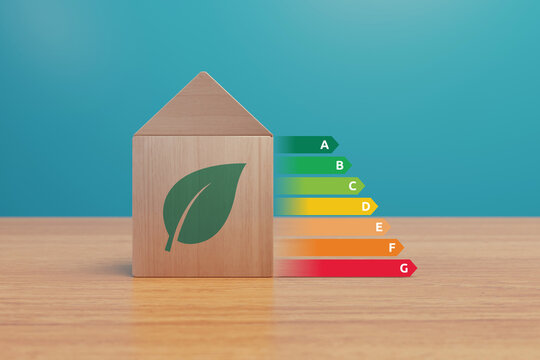Energy Performance Certificates (EPCs) are essential documents that assess the energy efficiency of buildings and provide information on their environmental impact. These certificates are crucial in promoting energy efficiency and reducing carbon emissions in residential, commercial, and industrial properties. The EPC service involves a comprehensive evaluation of a property’s energy performance, carried out by certified energy assessors.
Overview of EPC Service
- Purpose and Legislation: EPCs were introduced as part of the European Union’s Directive on the Energy Performance of Buildings. In many countries, including the UK, they are a legal requirement for properties being sold, rented, or constructed. The primary goal is to provide transparency about a building’s energy usage and encourage energy-efficient improvements.
- Assessment Process: The EPC assessment involves a detailed inspection of the property. Certified energy assessors visit the building and examine various aspects that influence energy consumption. These include:
- Building Fabric: Insulation levels in walls, floors, and roofs.
- Windows and Doors: Type of glazing and their thermal properties.
- Heating Systems: Efficiency of boilers, radiators, and other heating appliances.
- Hot Water Systems: Efficiency and type of water heating systems.
- Lighting: Type and efficiency of lighting systems.
- Renewable Energy Sources: Presence and efficiency of solar panels, wind turbines, etc.
- Energy Rating and Report: After the assessment, the property is given an energy efficiency rating from A (most efficient) to G (least efficient). The EPC also includes:
- Current Energy Efficiency Rating: Based on the current state of the property.
- Potential Energy Efficiency Rating: The possible rating if recommended improvements are made.
- Recommendations for Improvement: A list of suggested measures to enhance energy efficiency, such as installing insulation, upgrading heating systems, or using energy-efficient lighting.
- Benefits of EPCs:
- Informed Decisions: Buyers and tenants can make informed decisions based on the energy efficiency of a property, potentially influencing purchase or rental choices.
- Energy Savings: Property owners receive practical advice on reducing energy consumption, leading to lower utility bills.
- Environmental Impact: Increased energy efficiency contributes to lower carbon emissions, helping to combat climate change.
- Marketability: Properties with higher energy efficiency ratings are often more attractive to buyers and tenants, potentially increasing market value.
- Legal Requirements: In many jurisdictions, EPCs are mandatory for the sale or lease of properties. Non-compliance can result in penalties. For example, in the UK, an EPC must be available to potential buyers or tenants as soon as a property is marketed.
- Validity and Updates: An EPC is typically valid for 10 years. However, if significant energy efficiency improvements are made to the property, it is advisable to obtain a new EPC to reflect the updated performance.
Conclusion
The Energy Performance Certificate service is a vital tool in promoting energy efficiency and environmental sustainability. By providing a clear and standardized assessment of a building’s energy performance, EPCs help property owners, buyers, and tenants understand and improve energy usage. This not only leads to financial savings and increased property value but also contributes to broader efforts to reduce carbon emissions and combat climate change. As awareness and legislation around energy efficiency continue to grow, the importance and demand for EPCs are likely to increase, further embedding them as a standard practice in property transactions and management.
4o






Reviews
There are no reviews yet.